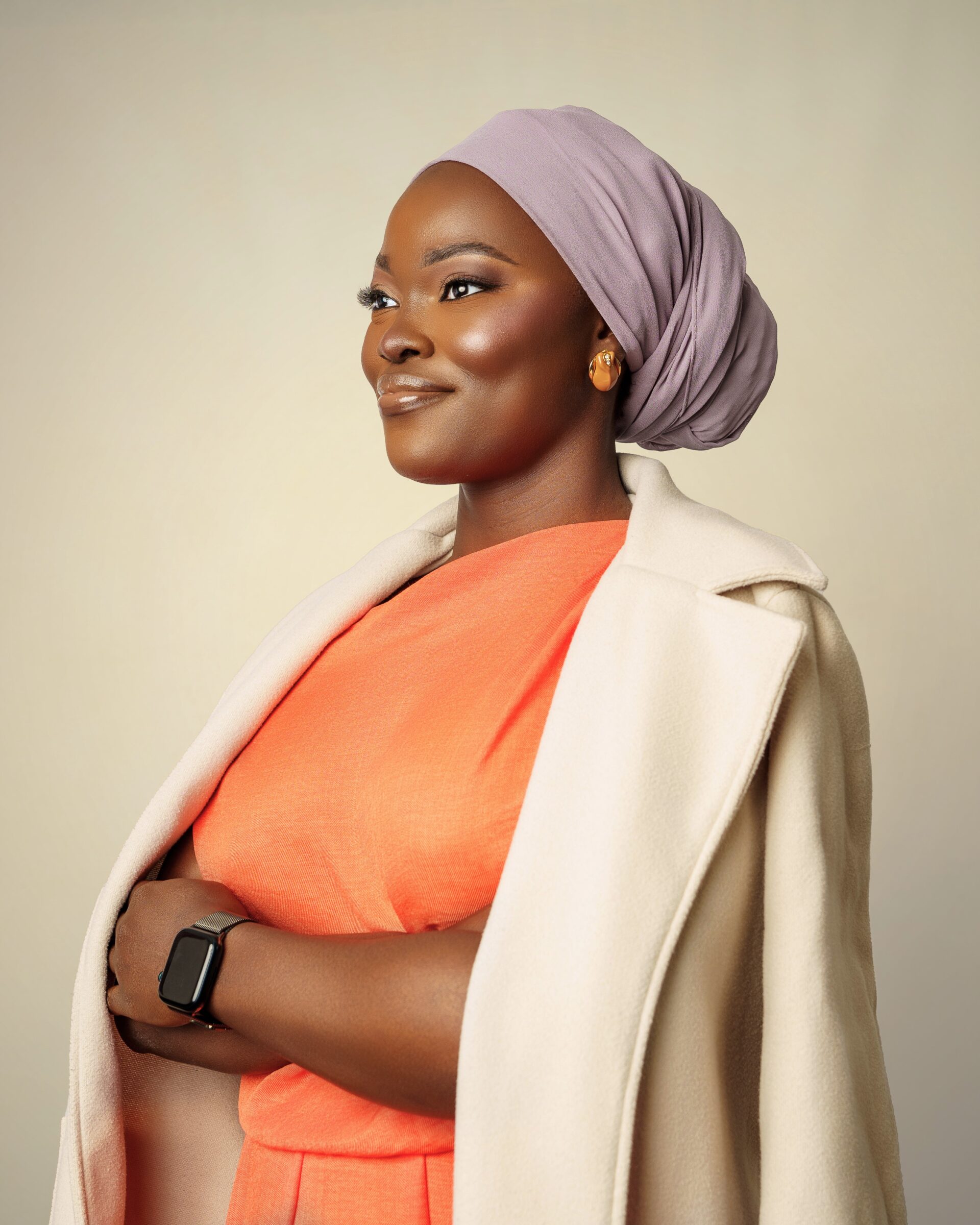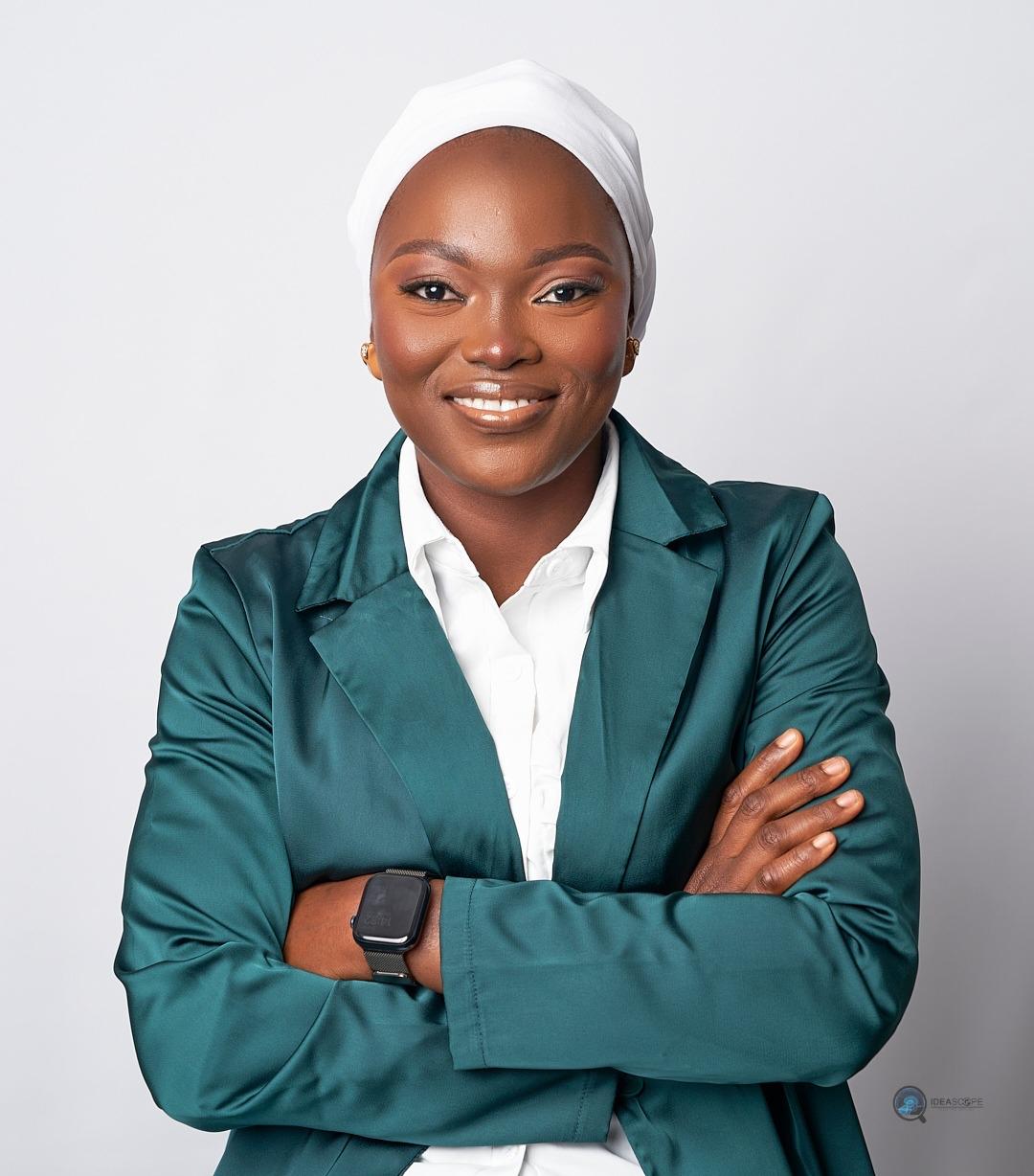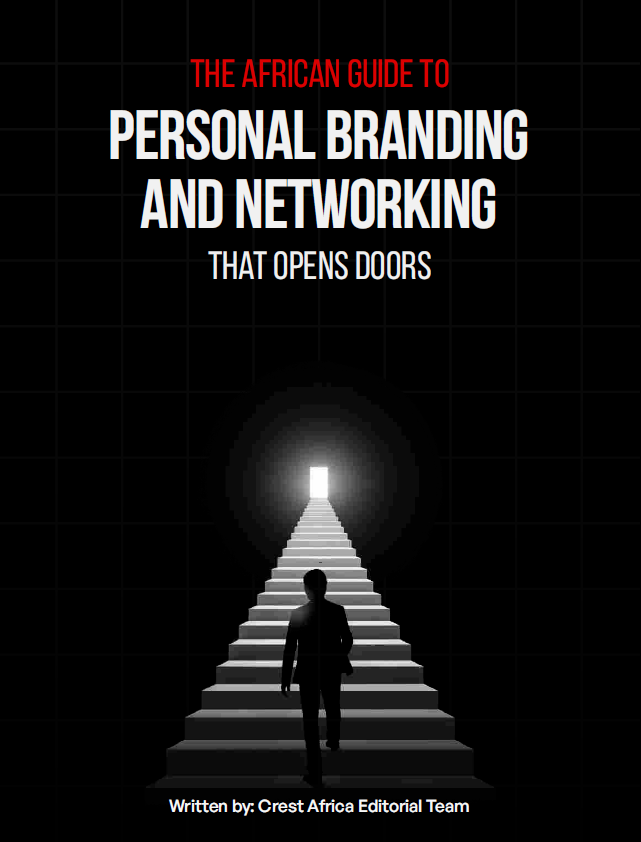Rukayat Balogun is a rare blend of sharp technical expertise and genuine empathy, a leader whose work is quietly transforming how data and technology empower everyday businesses across Africa.
With a heart deeply connected to community and a brain wired for solving complex problems, Rukayat’s journey into the world of data and machine learning didn’t start with flashy tech labs, it started with a simple purpose to improve real lives with data.
Her path led her to create Lunddr Services, a groundbreaking digital platform designed to empower laundry businesses, often overlooked yet essential players in Africa’s urban ecosystem.
Where others saw mundane operations, Rukayat saw opportunity. And with every line of code and user interview, she built something that does more than track inventory, it dignifies small business owners and makes technology feel like a trusted partner, not a threat.
But her impact goes far beyond the laundry sector. Rukayat is shaping Africa’s digital future with empathy, strategy, and servant leadership.
From championing inclusive tech spaces to mentoring the next generation, she’s living proof that innovation rooted in service creates ripples that outlast any single platform.

In this interview, Rukayat shares the behind-the-scenes of building from scratch, leading with empathy, and making data feel less like a buzzword, and more like a tool for everyday change.
CA: Rukayat, your work is reshaping how Africa approaches data and technology. Can you take us back to how this journey began for you? What inspired you to build Lunddr Services?
Rukayat: My journey began with a fascination for how data could solve real-world problems. I wasn’t just curious about numbers, I was curious about impact.
That led me to study mathematics, then pursue data analytics and machine learning, always with a mindset of building solutions for real people and real businesses.
The idea for Lunddr Services came from seeing how many laundry businesses, a backbone service in urban areas, still relied on pen and paper.
They were losing inventory, mismanaging orders, and struggling with visibility. I thought: Why shouldn’t these businesses have access to digital tools designed for them?
So, I built Lunddr as a platform to help them manage their inventory efficiently, track customer orders, and scale their operations. It was about making smart, accessible tech for a sector that deserved more attention.
CA: That’s such a powerful origin story. Carving out a space as a data analyst, machine learning expert, and founder takes grit and foresight. What was your journey like, and were there any mentors or influences who played a key role along the way?
Rukayat: It’s been a journey of learning, unlearning, and constantly showing up even when I don’t have all the answers.
There were times I felt like I was building from the margins with limited resources and no roadmap. But I leaned into what I had: passion, resilience, and a willingness to learn quickly.
I’ve been fortunate to have mentors who inspired me from afar and a few who walked the journey more closely.
Seeing Black women in tech and leadership, even if only online, gave me a sense of what was possible.
And honestly, the support from my community, including those who tested my early products or simply encouraged me when things were tough, made all the difference.
CA: That community support is so underrated, especially when building from the ground up. Now, tech evolves fast, especially in fields like AI and civic data. What challenges have you faced, and how did you navigate them?
Rukayat: One of the biggest challenges has been building trust in digital tools, in data, and in systems that are still new to many small businesses.
When you’re introducing innovation to a sector that’s largely manual, the human element becomes just as important as the technical one.
To navigate that, I focused on simplicity and listening. I worked closely with laundry business owners to understand their pain points and made sure Lunddr was not only functional, but familiar.
We added support features, offered training, and made it accessible even to those without technical backgrounds. Tech should feel like a friend, not a disruption.
CA: I love that, tech should feel like a friend. That kind of thoughtful innovation takes serious heart. You’ve built your career around purpose-driven innovation. What kept you going during the tough early days?
Rukayat: Purpose and prayer. There were days when things didn’t work, when the tech broke, or when I questioned whether I could pull this off.
But deep down, I knew this work mattered. I wasn’t building for vanity, I was building to empower. That kept me going.
I also reminded myself that small businesses are the soul of many African economies.
Helping one laundry shop run better today means creating stability for a family, employment for a youth, and trust in digital progress tomorrow. That ripple effect is what fuels me.
CA: It’s amazing how a single solution can create such a wide ripple of impact. How has your background and experience shaped the way you now approach problem-solving and leadership?
Rukayat: Coming from a background where resourcefulness was essential, I learned early on to think in systems and solutions.
As a data analyst, I was trained to look beneath the surface, to connect dots others might miss. That shaped how I now lead.
As a founder, I believe in servant leadership. I ask questions. I listen more than I speak.
I don’t pretend to have all the answers, but I know how to build teams, seek insight from users, and iterate fast. My leadership is empathetic, strategic, and rooted in shared growth.
CA: That’s a powerful mix, technical insight blended with people-first leadership. You’ve earned recognition and inspired many in the tech space. How does it feel knowing you’re playing such a pivotal role in shaping Africa’s future through data and innovation?
Rukayat: It feels surreal, honestly. I don’t think I ever set out to “inspire” I just wanted to build something meaningful.
But when people reach out to say they were encouraged by my journey, it’s the most humbling reminder that visibility matters.
I feel honoured to contribute to a future where African innovation is homegrown, inclusive, and globally relevant.
If my work can light the path for someone else, then it’s all worth it. Because that’s the real legacy, not just products, but people empowered to create.
CA: Beautifully said. Beyond machine learning and data analytics, you’ve also become a leader and mentor to aspiring tech talents. What inspired you to take on that role?
Rukayat:
Because I’ve been that young person, full of questions, hungry to learn, unsure where to start.
And I know how life-changing it can be to have someone say, “You belong here.” Mentorship, for me, isn’t about authority, it’s about access.
If I can help someone navigate their journey faster, with less confusion and more confidence, then I’m doing my part.
I want to demystify tech, make it human, and create more inclusive spaces, especially for women, people of colour, and those from non-traditional paths.
CA: That’s incredibly powerful. So, what’s next for you at Lunddr Services or in your broader career? Any exciting projects or milestones coming up?
Rukayat: We’re expanding Lunddr’s features to include intelligent forecasting, customer communication tools, and analytics that help business owners make smarter decisions.
I’m also excited about piloting the platform in more cities and collaborating with business development hubs to support MSMEs with digital tools.
Beyond Lunddr, I’m working on a programme that helps small business owners harness the power of data, not just for operations, but for strategy.
Long-term, I see myself contributing to policy conversations on digital transformation in Africa, ensuring that the voices of entrepreneurs and innovators are heard at every level.
CA: Before we wrap up, what’s one common misconception about data science, AI, or civic tech that you’d like to correct?
Rukayat: That it’s only for “big tech” or elite institutions. That’s not true. Data science can, and should, serve the everyday entrepreneur: the local laundry shop, the market woman, the small business with big dreams.
AI isn’t just about robots or futuristic labs, it can be used to streamline orders, predict inventory needs, or send automated customer updates. We need to make this space more inclusive, more human, and more practical.

CA: Finally, if you could give just one piece of advice to someone who dreams of making a lasting impact in tech and innovation, what would it be?
Rukayat: Start where you are with what you have and stay rooted in service. Impact doesn’t start with perfection. It starts with intention.
Build slowly, listen deeply, and never lose sight of who you’re building for. Whether your idea touches ten people or ten thousand, if it’s driven by empathy, it will always be relevant.
And don’t be afraid to be different, because sometimes, different is what the world needs most.



